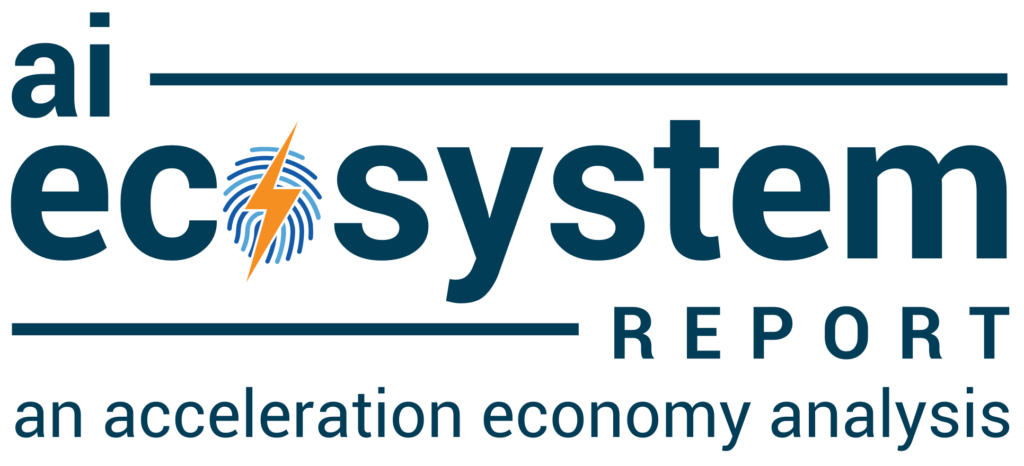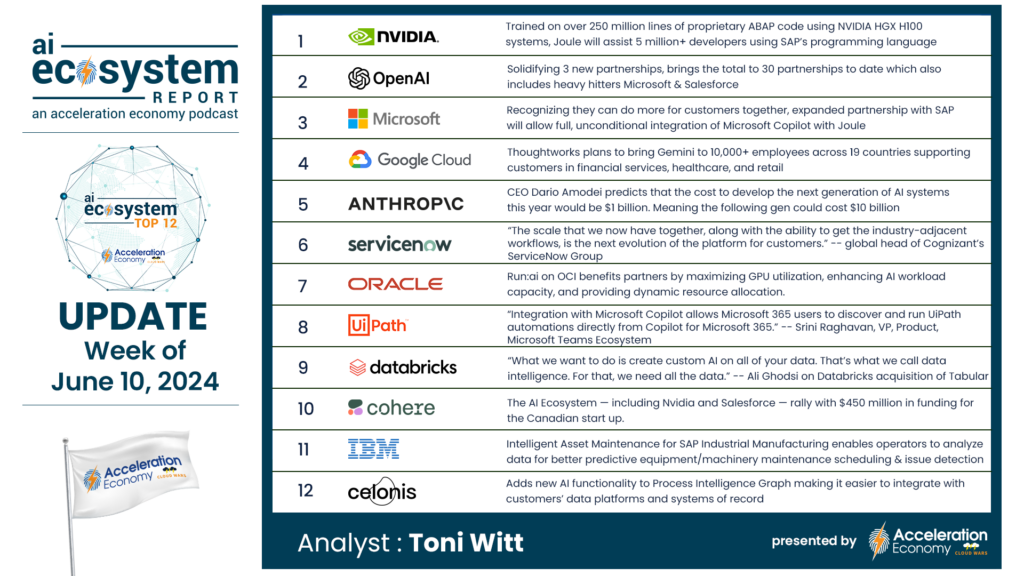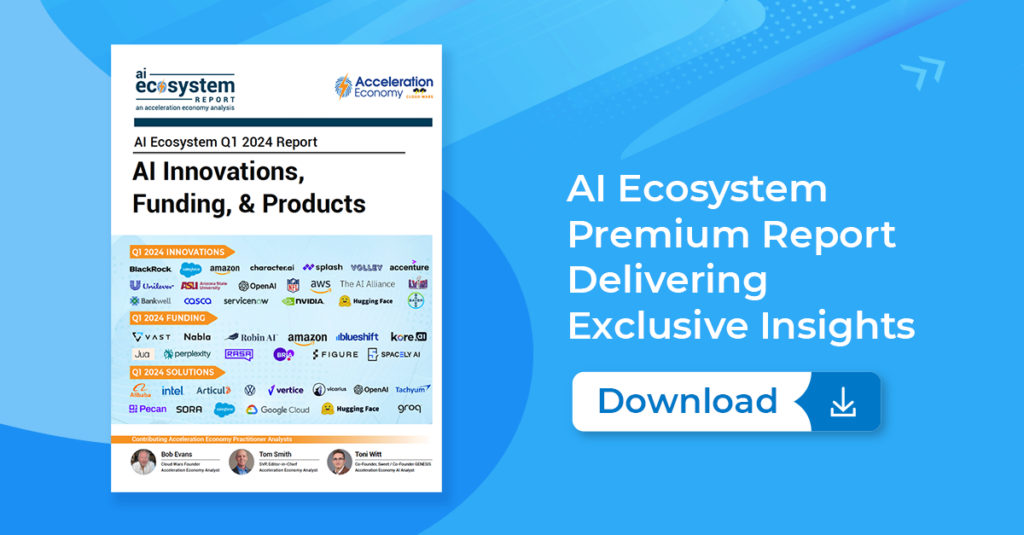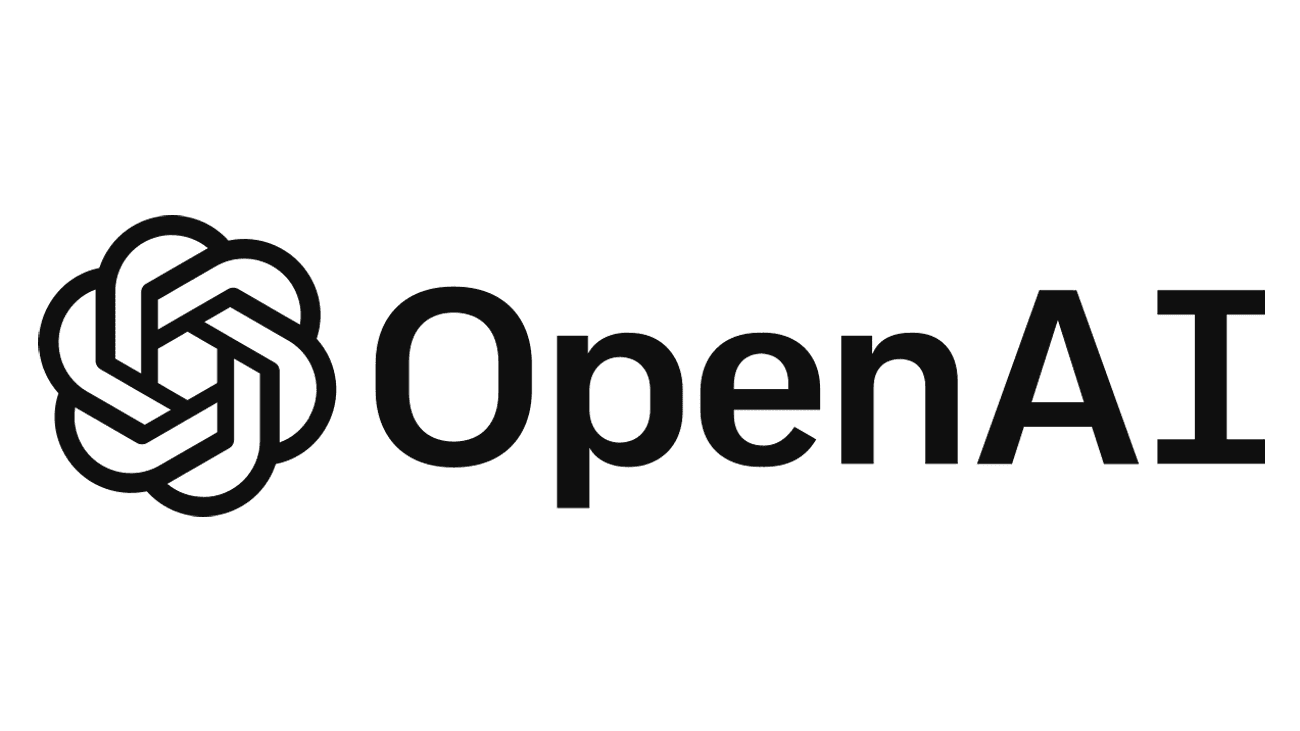
Apple’s highly anticipated 2024 Worldwide Developers Conference (WWDC24) certainly delivered. After more than a year of uncertainty, with the business community eager to hear how the tech behemoth would play its hand in the ongoing wave of AI innovation, we have our answer: Apple Intelligence.
It was one of a flurry of announcements made at the conference, but it carries the most weight by far, in large part because it includes a partnership with OpenAI for ChatGPT. So, here’s what you need to know about Apple’s first major stake in the GenAI ground.
What Is Apple Intelligence?
Touted as “AI for the rest of us,” Apple Intelligence is the company’s catch-all term for a series of AI and GenAI innovations due for beta release this fall. The platform is desinged to be a personal AI system that integrates with the iPhone, iPad, and Mac; it will be included in Apple’s forthcoming operating systems: iOS 18, iPadOS 18, and macOS Sequoia.
Apple Intelligence includes new Writing Tools designed to help users with voice and text summarization and proofreading tasks, as well as prioritizing notifications. These features will be available across a user’s devices, including in third-party apps.

For image manipulation, new AI tools will enable image creation through text inputs, while Image Wand turns rough sketches into lifelike images. Photos are being overhauled too, with the ability to clean up images, search for photos using natural language, and create “memory movies” based on prompts that describe the type of images a user wants to recall.
Perhaps the biggest shock was Apple’s partnership with OpenAI, so that ChatGPT, powered by GPT-4o, will support various GenAI functions for Apple Intelligence. These include image and document understanding, and support for Writing Tools and Siri, which is getting a long overdue reboot.
Apple Intelligence will supercharge Siri. Users will be able to type requests instead of using voice commands, ask for advice on Apple products, benefit from a richer language understanding to make conversations more fluid, and request tasks based on what’s on screen, like grabbing a telephone number from a text message.
Tackling Privacy Concerns
Some pundits were quick to point out the somewhat strange partnership between Apple and OpenAI, given Apple’s commitment to user privacy, and the flack OpenAI has received for not taking enough measures to secure said privacy. However, while launching Apple Intelligence, Apple has been keen to emphasize its commitment to responsible AI.
Firstly, ChatGPT is a fully opt-in service for Apple users, who have to actively choose the option to enable it. More importantly, Apple Intelligence uses on-device processing so while the system can use data to provide specific context, this data isn’t collected. Users’ IP addresses are obscured. ChatGPT’s data-use policies apply for users who choose to connect their account, Apple said
Finally, the launch of Apple Intelligence comes in tandem with the launch of Private Cloud Compute (PCC). Designed for privacy-focused AI processing, PCC brings Apple’s on-device security and privacy features to the cloud, securing user data when heavy workloads are processed by LLMs off the device.
Market Impact
As arguably the world’s most successful consumer technology company, Apple’s entrance into the GenAI race has potential to send shockwaves through the technology industry. While many organizations have tailored GenAI and other AI offerings to focus on enterprise use cases, forging important differentiators in a saturated market, consumer-grade AI is yet to take hold.
ChatGPT kickstarted the GenAI boom, sparking widespread interest in the technology but, until recently, integrated GenAI for everyday use cases was somewhat lackluster. That was until Microsoft went big on Copilot, integrating the functionality into its hardware.
Microsoft’s close relationship with OpenAI — including billions in financial backing — means that it has been on the receiving end of early updates and first-to-market innovations. Could that be about to change in light of OpenAI’s Apple relationship? Beyond this, Apple’s footprint in user devices has the potential to impact the consumer AI market — and Microsoft — in big new ways.
Microsoft has already dedicated a huge amount of resources to promoting Copilot and, most recently, Copilot+ PCs as the epitome of integrated AI, while Apple was on the sidelines. However, with the ability to roll out Apple Intelligence to every user with access to a compatible device through a standard update, the company is putting the power of personalized AI into the hands of the masses.
Google too, could be impacted. As the default search engine for Safari, the company is in a privileged position. Yet, ChatGPT integration could soon see Google’s foothold begin to slip. With just a few months before Apple’s plans come to to fruition, it is set to be a summer with major competitive AI developments from the world’s elite technology providers.

The AI Ecosystem Q1 2024 Report compiles the innovations, funding, and products highlighted in AI Ecosystem Reports from the first quarter of 2024. Download now for perspectives on the companies, investments, innovations, and solutions shaping the future of AI.











